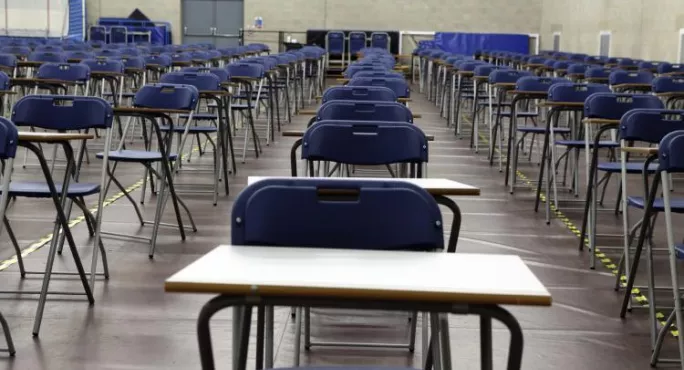A-level students who accept unconditional offers before sitting their exams are less likely to continue into their second year of study at university, according to updated analysis from the Office for Students (OfS).
The OfS, which is the independent regulator for higher education in England, has already warned that unconditional offers risk pushing students into decisions that are not in their best interests.
Earlier this month, the regulator banned higher education providers from offering “conditional unconditional” offers (which are offers not dependent on grades, made on the condition that an institution is selected as an applicant’s first firm choice) until the end of September.
Investigation: Unconditional offers made by colleges up by 60%
More: Fall in ‘conditional unconditional’ offers predicted
Opinion: ‘Unconditional offers leave colleges open to criticism’
Today Nicola Dandridge, chief executive of the OfS, said: “It is becoming increasingly clear that unconditional offers can have a negative impact on students. Unconditional offers can lead to students under-achieving compared to their predicted A-level grades, choosing a university and course that may be sub-optimal for them, and ultimately being at increased risk of dropping out entirely.
Unconditional offers ‘can lead to students under-achieving’
“Dropout rates, overall, are low in England, so this is a small effect. But we remain concerned that unconditional offers - particularly those with conditions attached - can pressure students into making decisions that may not be in their best interests, and reduce their choices.
“It is particularly important that we allow students the space to make informed decisions at this time of increased uncertainty, which is why we have temporarily banned ‘conditional unconditional’ offers during the pandemic.”
The OfS’ updated analysis, published today, shows that, even after taking into account a range of other factors, A-level entrants who accepted an unconditional offer in 2017-18 had a continuation rate between 0.4 and 1.1 percentage points lower than would have been expected had they taken up a conditional offer instead. This translates to between 70 and 175 students out of the 15,725 A-level entrants given places through unconditional offers that year.
The practice of unconditional offers has prompted concern from ministers and school leaders alike, amid warnings they could lead to sixth-formers taking their foot off the pedal during their studies.
Education secretary Gavin Williamson has previously condemned the use of “conditional unconditional” offers, saying there is no place for them, and they can limit disadvantaged teenagers’ chances of going to the “very best academic institutions” possible.




